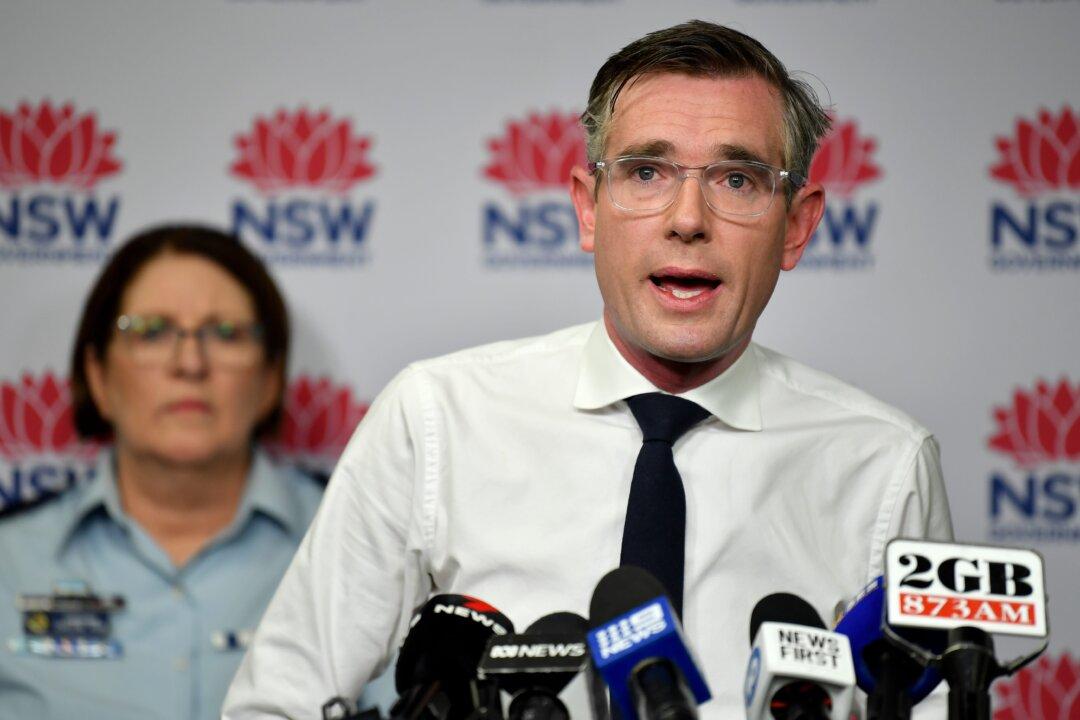The New South Wales (NSW) deficit is expected to worsen by $1.3 billion over this financial year and the next after Treasury downgraded its projections for the budget in a pre-election update.
The update, coming ahead of the March 25 poll, shows the estimated deficit for 2022/23 has grown by $668 million (US$440 million) to $12.03 billion since the last update in February.





